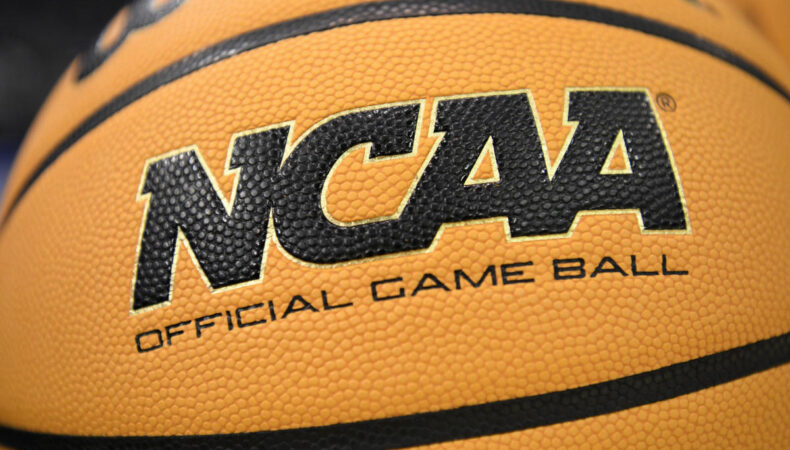Dr. Mark Emmert, the President of the National Collegiate Athletic Association (NCAA), has confirmed that power conferences are increasingly seeking control over NCAA championships and the overall governance of the association. Power conferences refer to the Power Five conferences, composed of the Atlantic Coast Conference (ACC), Big Ten Conference, Big 12 Conference, Pac-12 Conference, and Southeastern Conference (SEC), which dominate college athletics, especially football.
Emmert discussed these shifts in power dynamics during an interview with The Associated Press. “What’s emerged is a sense that five conferences actually want more autonomy, they want more control. They want to control college championships, and they want more control over what happens in those championships,” Emmert said. His words reflect the ongoing changes as the most influential conferences express their desires for further control over important NCAA operations. (Associated Press)
The NCAA president also emphasized the potential for a substantial shift in the current governance model. “They’re talking about varying degrees of change. Some are profound changes in how the NCAA’s organized and how decisions are made, with more control by a smaller group of very powerful conferences,” Emmert told the Associated Press. These changes could potentially lead to less involvement from smaller institutions and conferences, signifying a significant shift in the collegiate sports landscape.
Some critics have raised concerns that these shifts could disadvantage smaller institutions, creating a hierarchical structure that favors the top five conferences. The NCAA has yet to formally respond to these assertions, though they remain active topics for debate within collegiate sports communities.
Emmert’s revelations come amidst a series of high-profile legal battles and legislative developments affecting the NCAA and the broader landscape of collegiate athletics. The discussion of structural changes and control within the NCAA is thus another critical issue emerging in a period of significant change, throwing yet another curveball into the ongoing debate over the future of college sports.
Last modified: January 10, 2025


